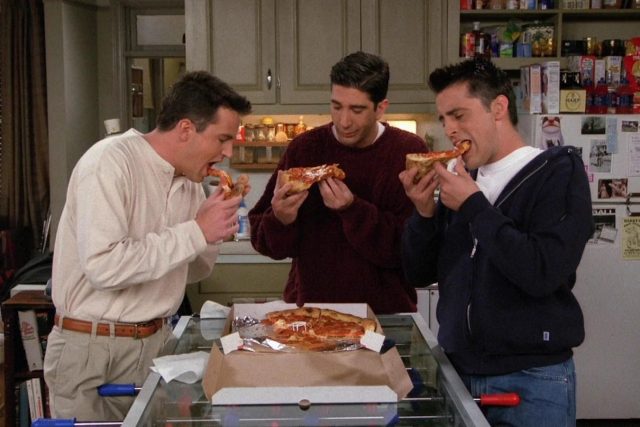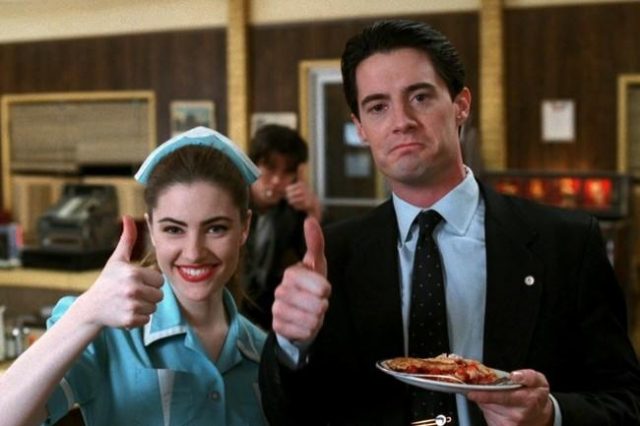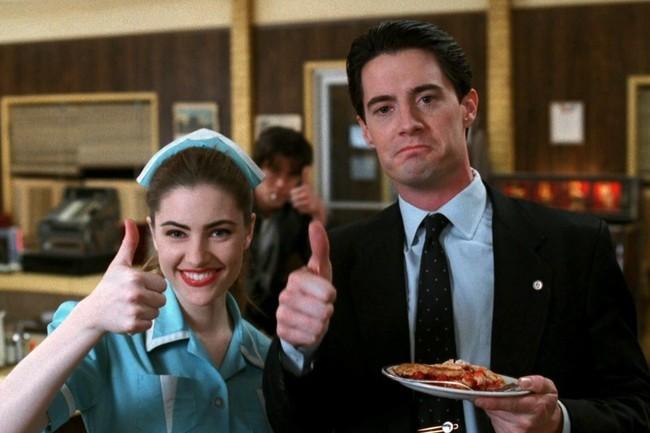According to Murphy’s Law, everything that can go wrong while traveling will go wrong. Usually we automatically take some important things like documents, sheets, medicines, but not everything related to food seems so important. First, products spoil, secondly, they take up a lot of space, and thirdly, they can be bought at any corner (or so it seems to us at first). But in practice, what suffers the most while traveling is our stomach, which we spoil with inadequate nutrition. To help you stay full, full of energy and full of energy, we have prepared a guide on how to eat healthy on the road.
How to choose food when traveling?

First of all, there are a few important questions that need to be answered because each person’s body responds differently to the same conditions.
– What factors can cause nutritional deficiencies during travel?
– How to ensure hygiene while eating on the road?
– How much water should you drink on the road?
– What foods should you avoid?
– Is it worth eating the food served on a plane or train?
– Should I eat before the trip?
– Should I bring ready-made food with me?
– How can you avoid overeating if you stay in all-inclusive hotels?
– How to eat national cuisine correctly?
– What to do in case of poisoning?
– What should you do in terms of nutrition and treatment on holiday (especially if you are traveling with children)?
– How should one feed in hot/cold weather?
It is also important to say that it is important to stick to a diet while traveling and eat a variety of foods, including vitamins B and C, proteins and complex carbohydrates. If possible, it is recommended to take foods that can be stored for a long time, and not to abuse coffee and other energy drinks. Alcohol and soda should be avoided completely.
What are the best foods to eat on the go?

If you have enough space in your shopping bag or travel bag, we recommend packing these nutritious snacks as on-the-go snacks.
– All kinds of nuts and dried fruits (they have a long shelf life and are a source of nutrients);
– Dates (stored for a long time);
– Eggs (but it is better to store them in the cold, not in the heat);
– Cheese (prefer hard varieties);
– Grain bread (cereals and bran are harmful to health, but it is better to avoid white sugar buns and rye bread);
– Dried meat (since it does not spoil for a long time);
– Chocolate (although it melts easily in the heat);
– Vegetable and fruit chips;
– Freeze-dried fruits and berries;
– Caramel (sweet and sour candies will always come in handy for motion sickness or fatigue);
– Tea bags (green or herbal);
– Baby food (they do not contain enough vitamins for an adult, so you cannot eat them regularly, but they are the best way to snack and replenish energy while traveling, without compromising hygiene).
We recommend that you take a lunch box and drinking water for a full meal. It is recommended that the container contains a variety of foods to compensate for the lack of vitamins that the body needs. It is also important to say that such foods should be eaten during the day, taking into account weather conditions, so that they do not deteriorate, for example, in the heat.
– Porridge (buckwheat, pearl barley, oatmeal);
– Edamame beans, greens, salads, avocado, celery, carrots and other vegetables;
– Apples, bananas and other fruits;
– Nuts and dried fruits;
– Boiled meat;
– A small piece of cake or bun (on a long journey, a little sweetness will not hurt for energy reserves);
– Eggs and cheese.
What foods should you avoid when traveling?

To avoid stomach problems, you should definitely avoid certain foods while traveling. And in general, always carry pills and painkillers with you against bloating and abdominal pain.
– Fast food (chips, pizza, etc.);
– Fatty meat and other kebabs on skewers;
– Spicy foods, including spices;
– Salty foods (can cause extreme thirst);
– Ketchup, mayonnaise, mustard and other sauces;
– Coffee (this drink often has a laxative effect and only irritates the gastrointestinal tract);
– Alcohol;
– Soda;
– Chocolate bars (it is better to bring dark chocolate without dyes).
Source: People Talk
Mary Crossley is an author at “The Fashion Vibes”. She is a seasoned journalist who is dedicated to delivering the latest news to her readers. With a keen sense of what’s important, Mary covers a wide range of topics, from politics to lifestyle and everything in between.





